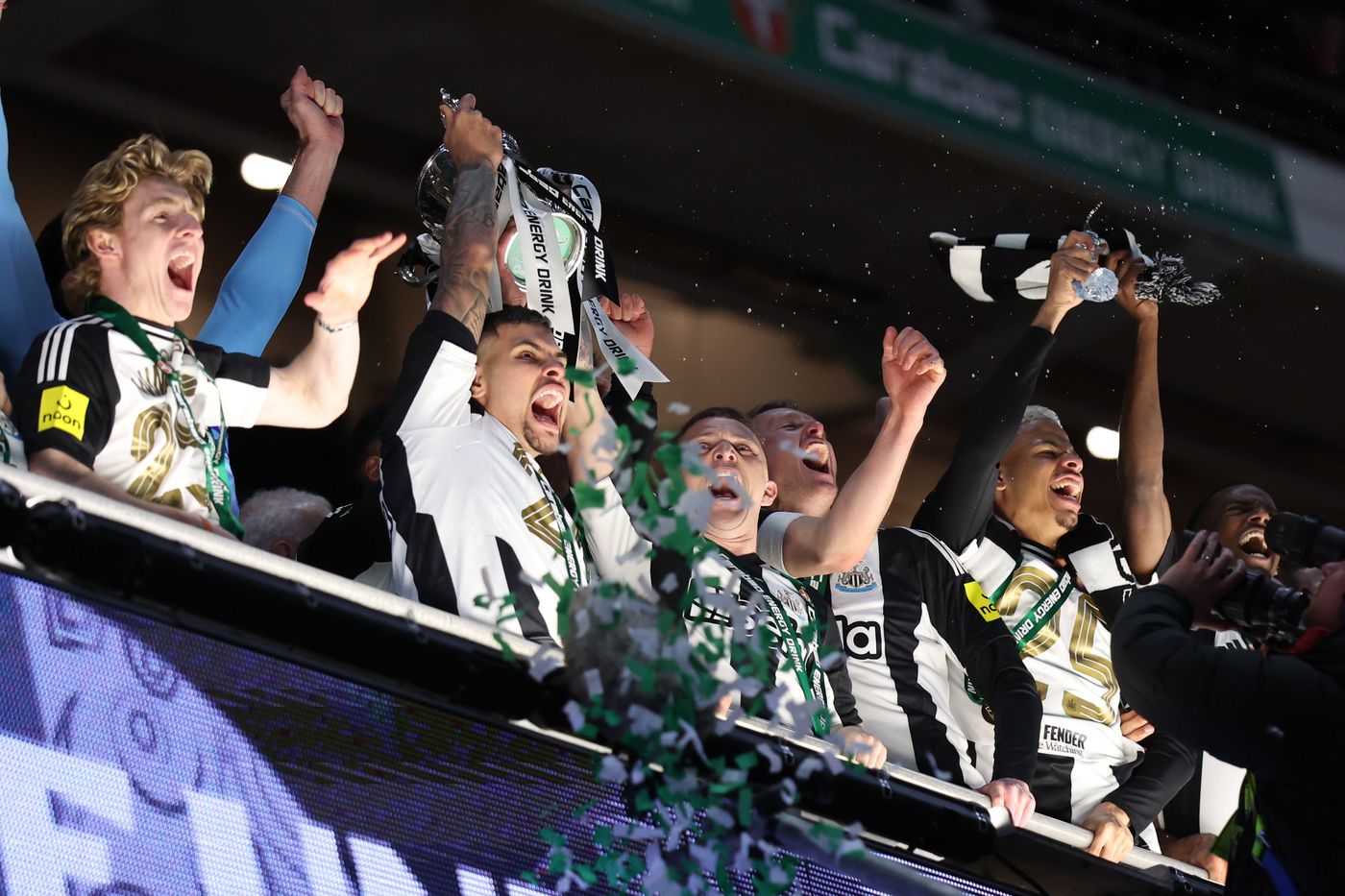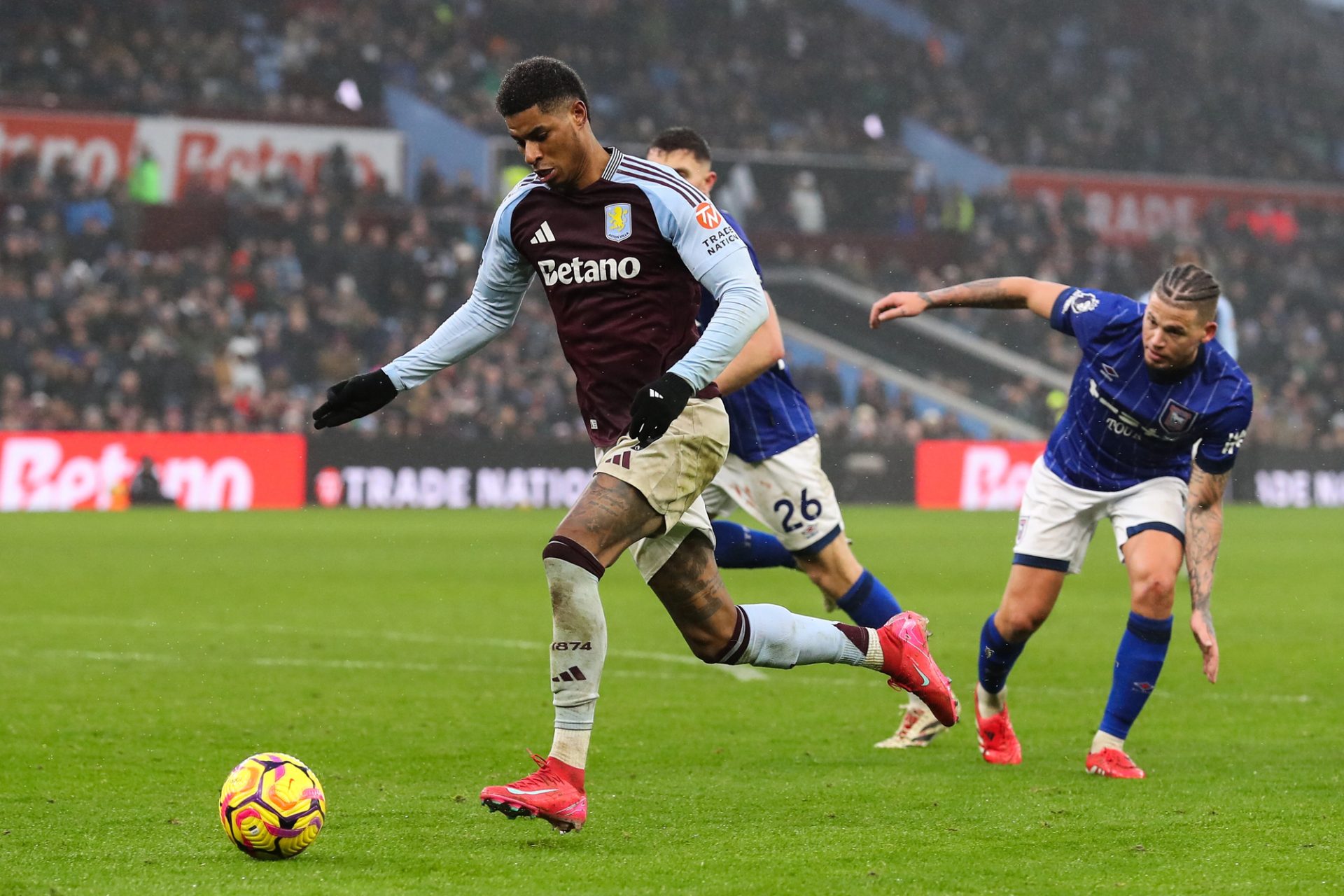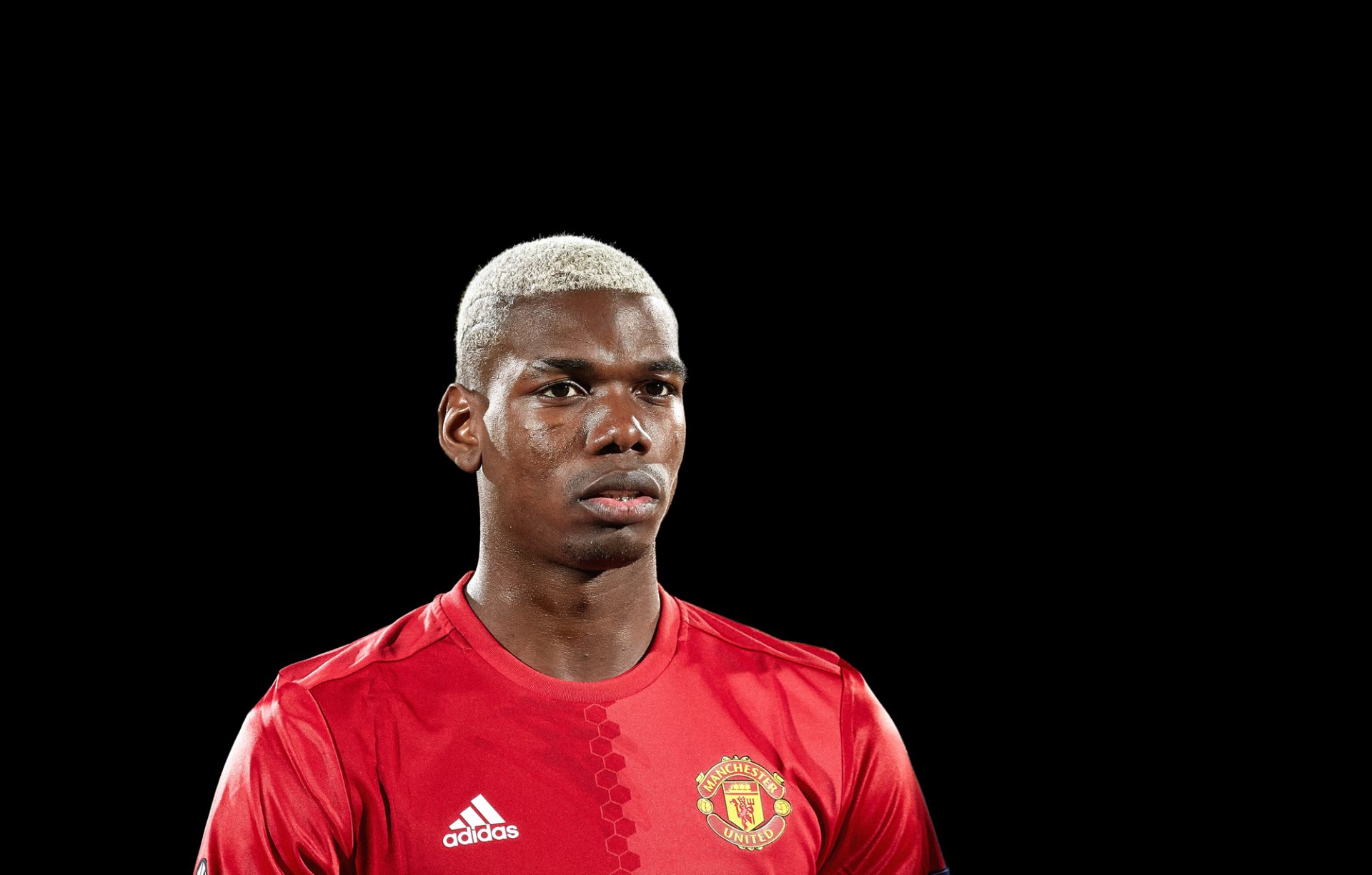Will the New Profit and Sustainability Rules Change Anything?
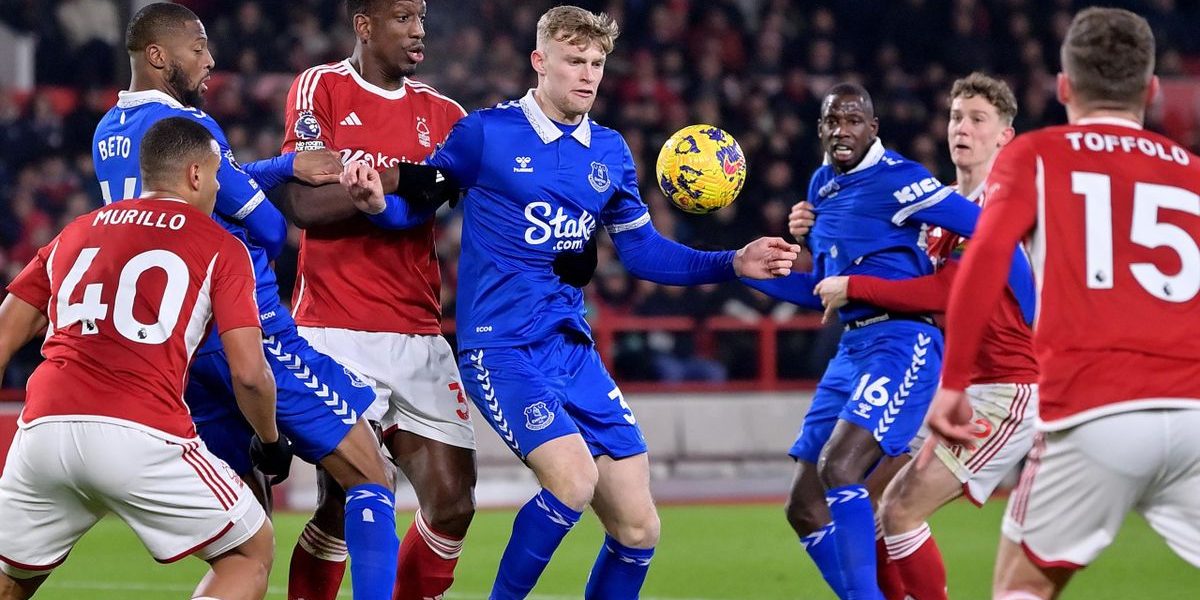
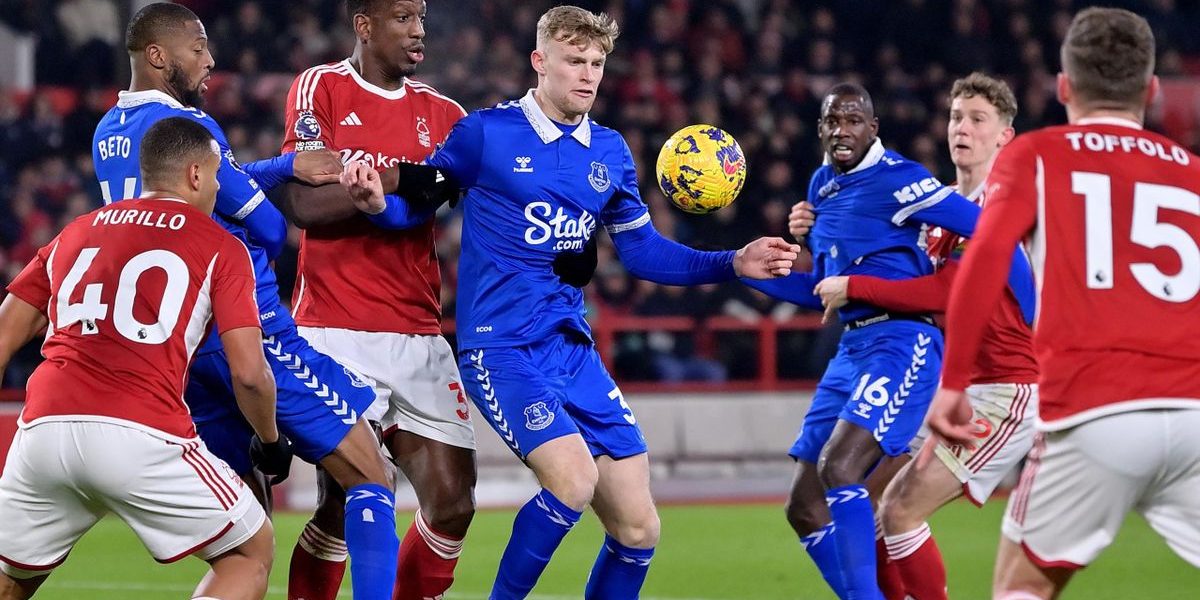
Table of Contents
The Premier League has endured a lot of controversies this season, but will the new Profit and Sustainability Rules (PSR) change anything in the future?
Despite there being an excellent three-horse title race, an injury crisis, woeful VAR decisions and PSR have been grabbing the back page headlines for all the wrong reasons. The Premier League clubs have voted to change PSR, though, so some of the fans’ concerns are being addressed.
What are the proposed changes, though? And will they actually meaningfully change anything going forwards for the English top-flight?
Will the New Profit and Sustainability Rules Change Anything?
The 20 Premier League clubs recently met and unanimously voted to change the PSR regulations. However, nothing will change for the 2024-25 season, so regulations such as clubs being unable to lose more than £105m over three seasons won’t change yet.
So, points deductions like we’ve seen for both Everton and Nottingham Forest aren’t a thing of the past yet. This also means that Leicester City could still face serious sanctions if they’re promoted from the EFL Championship this season.
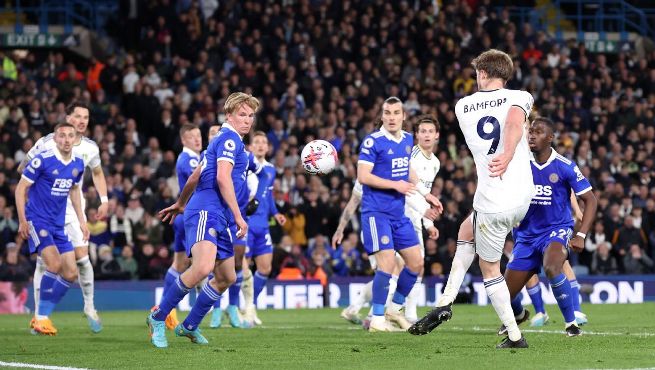
The proposed changes essentially emulate what UEFA already has in place, where clubs are allowed to spend a percentage of their revenue of transfer fees, wages and agents’ fees. A vote to confirm whether the league will go ahead with these changes will take place in June. Presumably, this would be from the 2025-26 season.
UEFA allows a 70% spending of revenue for clubs, but the Premier League is rumoured to want to increase this to 85% for its rules, but only for clubs not in European competitions.
A change for the better?
What the different percentages of allowed spent under the new PSR would mean is that PL clubs in Europe are limited to a 70% spend, while those not in UEFA competitions will be allowed to spend 85%.
This will allow clubs outside of Europe to in theory spend more than those in Europe. In theory, this would mean that the race to get into Europe will be closer.
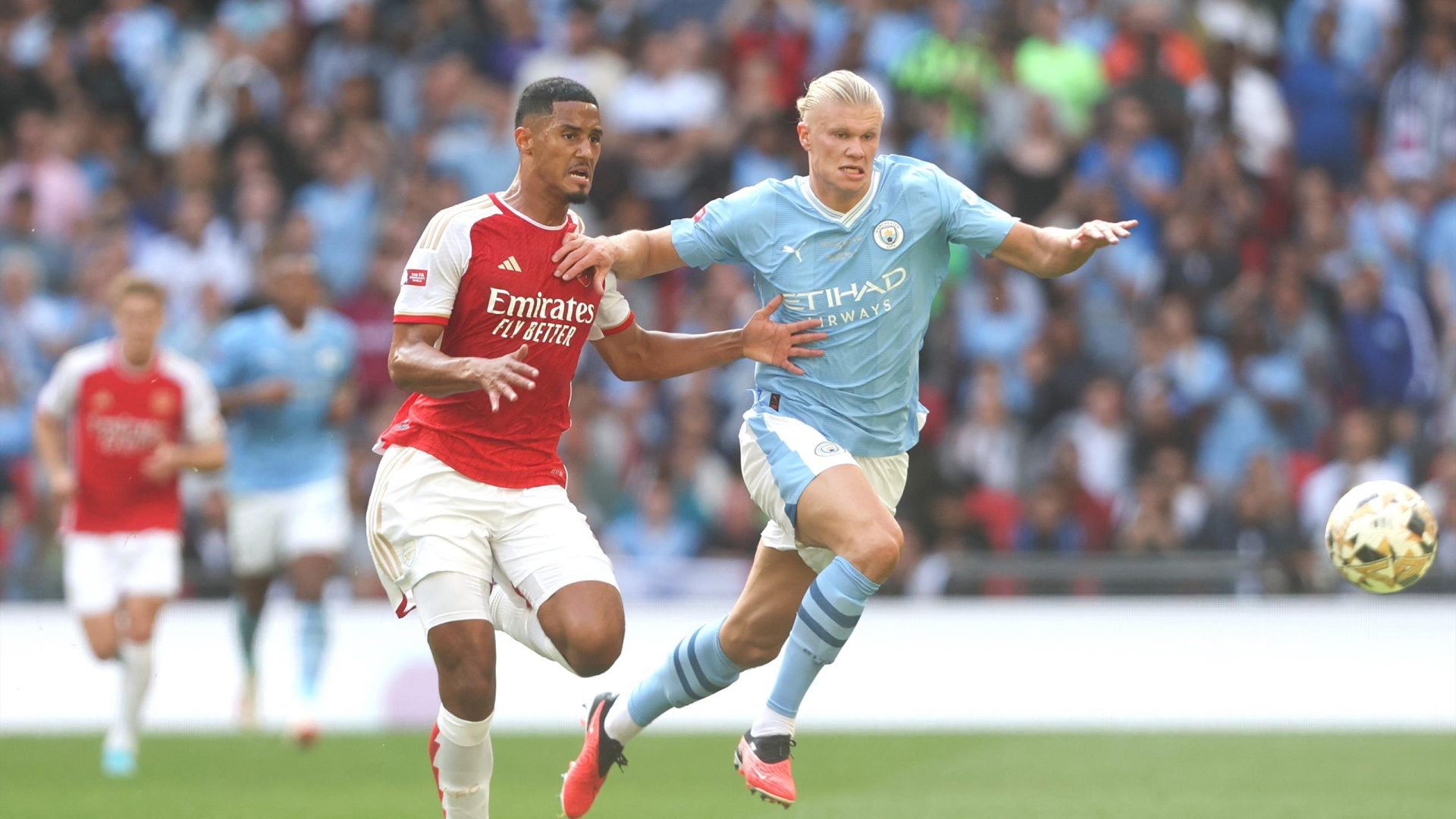
However, with the financial dominance of the Big Six, this likely won’t be enough to alter things drastically. Although, there’s always the potential there, as Aston Villa are showing this season.
Using the percentages of revenue might be better than the current model, but the same issue will still persist in that it will maintain the status quo in terms of richest and poorest clubs. This is regardless of their owners, as Newcastle, who effectively have the state of Saudi Arabia as backers, will attest to.
It also isn’t clear whether the new percentage approach will also include expenditures such as running costs like stadium rent, non-playing staff wages and infrastructure projects.
Clubs going out of business will become rarer, but far from impossible, even if they follow the rules. As we’ve seen this season, not all clubs follow the rules, as the punishment they could face from breaking them isn’t as severe as being relegated and losing out on the Premier League’s TV revenue.
One step forwards and two back
The news of this meeting and the changes proposed comes during the same week that Premier League clubs reported a collective loss of over £1 billion. This is despite the PL having by far the largest television deal of any football league in the world.
There is a real case to be made that English football as we know it is on the verge of collapse. Points deductions for financial irregularities are becoming the new norm, with Sheffield United joining this club next season and Everton due to face a third points deduction next campaign. They will not be the last.
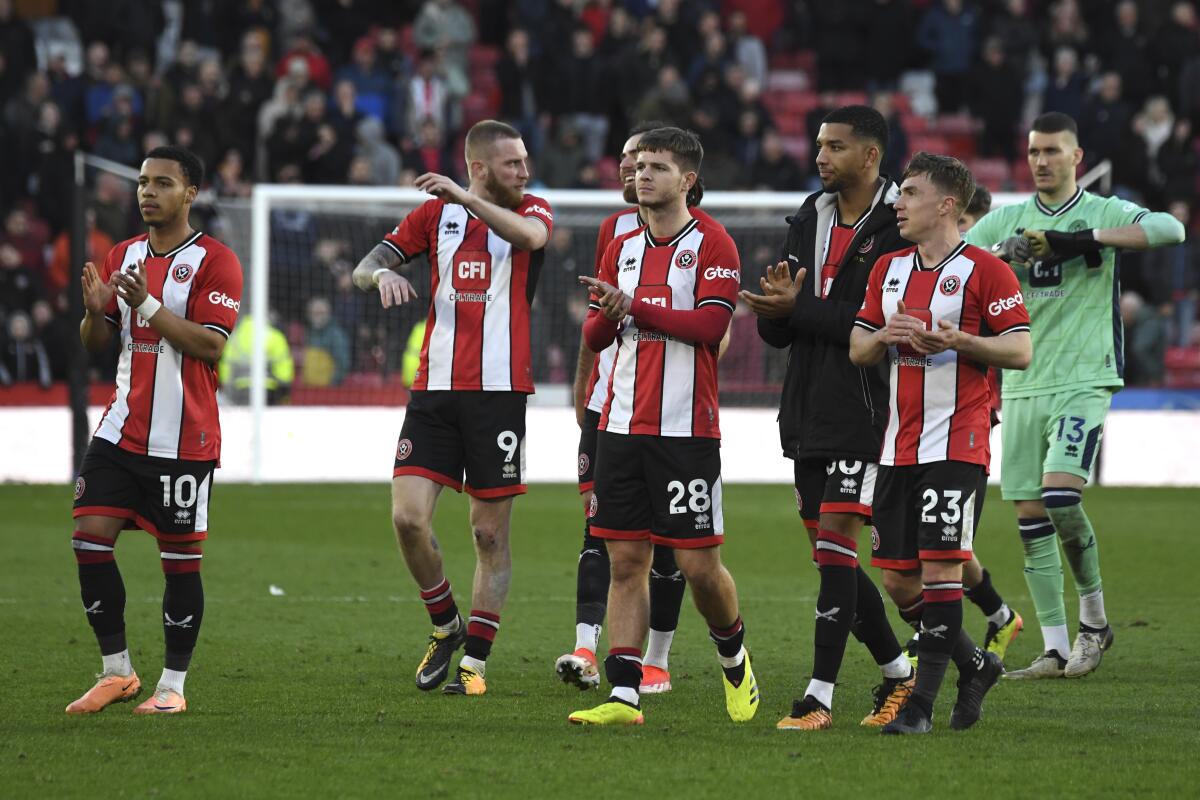
The aforementioned Everton and Forest are joined by the likes of Reading, Morecambe, Wigan Athletic, Southend United and Torquay United all enduring crises of their own. This is a problem that might get worse before it gets better.
The proposed PSR changes is a step in the right direction, but more has to be done to ensure the future of English football is a stable one. The EFL and Premier League are still in a stand-off over the revenue-sharing of TV money and anything can happen there with the independent commission being appointed.
While the richest clubs at the top of the Premier League continue to balloon and expand in terms of their financial success and influence, the foundations of the English football pyramid are beginning to evaporate.
More dialogue is needed with the fans, and the Premier League clubs must be transparent with whatever they decide. Hiding in boardrooms will not do them any favours, as turkeys don’t vote for Christmas and businessmen don’t vote to earn less money, even if it is at the expense of fans.



